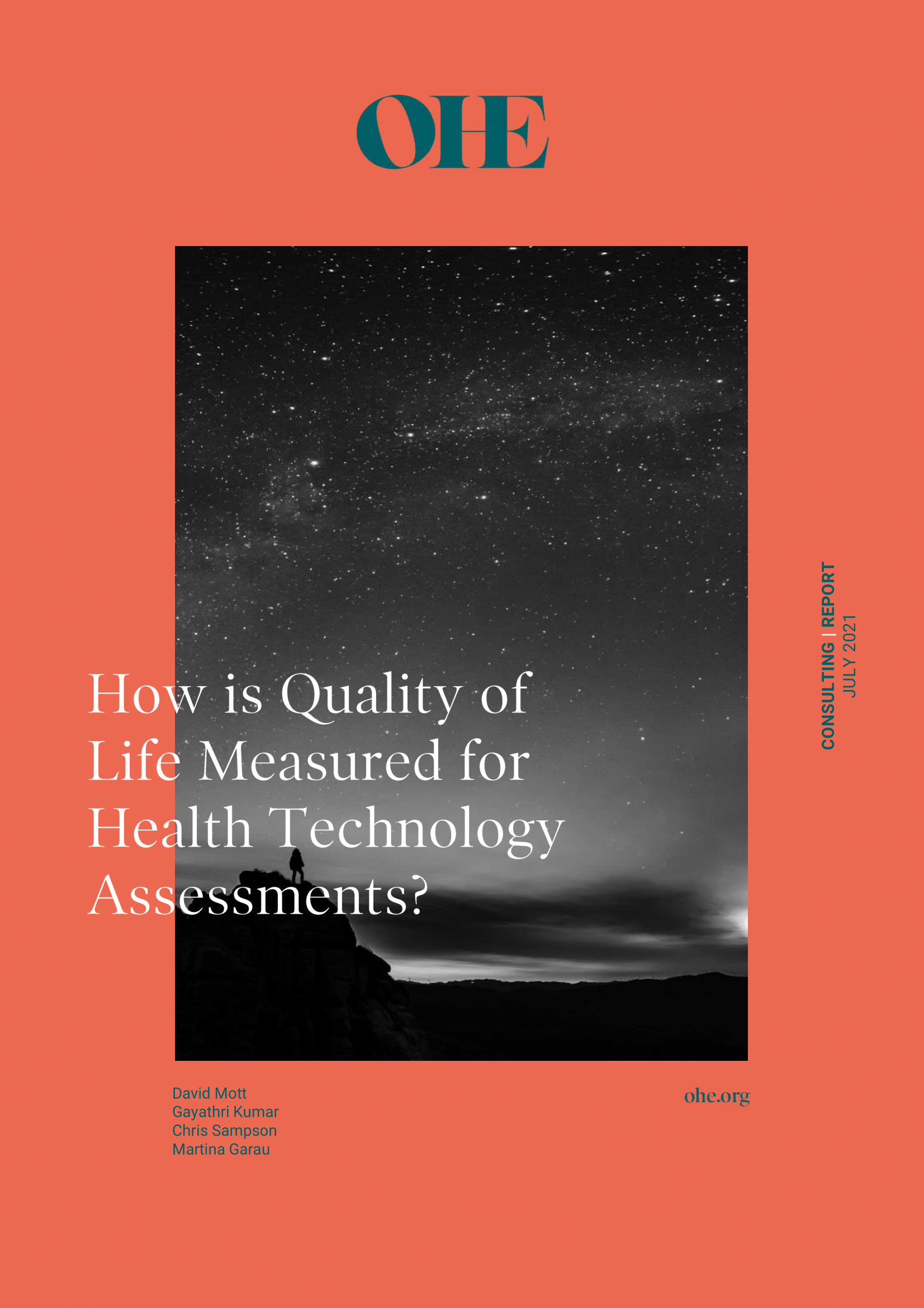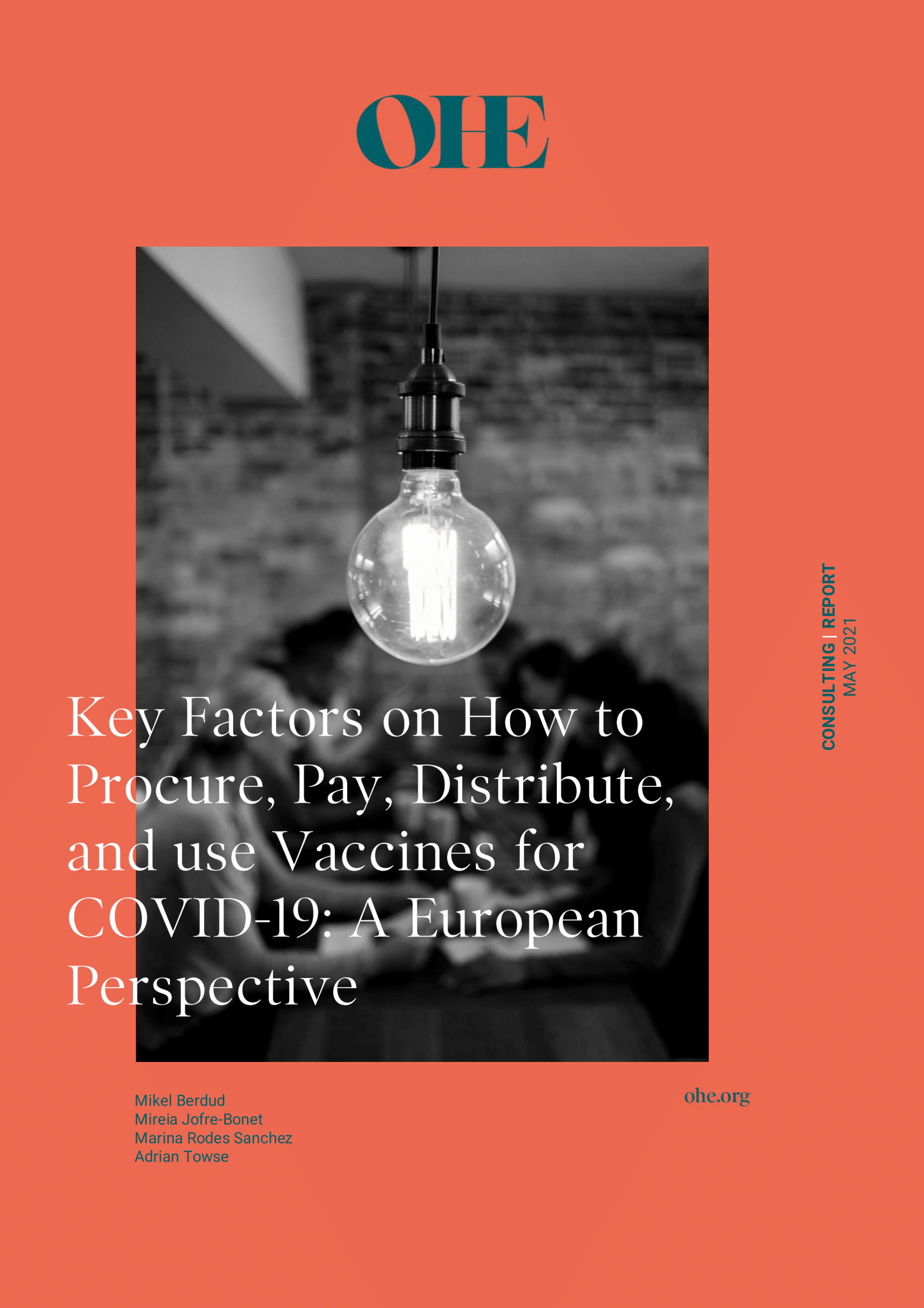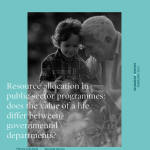Sign up to our newsletter Subscribe
How is Quality of Life Measured for Health Technology Assessments?

Sign up to our newsletter Subscribe



The proliferation of health data in our ever more digitalised world of health care creates opportunities for better research around – and delivery of – pharmaceutical innovation. However, these opportunities may be constrained around the legal barriers to the use of health data for these purposes, which are poorly understood, particularly in relation to the new General Data Protection Regulation (GDPR).
In this consulting report, sponsored by the European Federation of Pharmaceutical Industries and Associations (EFPIA), we summarise research evaluating the main legal barriers to the better use of health data for pharmaceutical innovation. Issues are evaluated according to barriers arising in utilising data to support six key activities across the lifecycle of a medicine: Epidemiology and pharmacoepidemiology: Identifying unmet need; Pharmacogenetics; Interventional studies; Non-interventional studies; Pharmacovigilance, and; Managed entry agreements.
We conclude that the GDPR does not create new legal barriers, and that most issues identified are in fact uncertainties rather than barriers per se. There is a strong case for industry to deal proactively with the uncertainties, sharing good practice and engendering trust by co-creating a code of conduct, and promoting a shared understanding of the value to society of pharmaceutical research.
An error has occurred, please try again later.
This website uses cookies so that we can provide you with the best user experience possible. Cookie information is stored in your browser and performs functions such as recognising you when you return to our website and helping our team to understand which sections of the website you find most interesting and useful.
Strictly Necessary Cookie should be enabled at all times so that we can save your preferences for cookie settings.
If you disable this cookie, we will not be able to save your preferences. This means that every time you visit this website you will need to enable or disable cookies again.
This website uses Google Analytics to collect anonymous information such as the number of visitors to the site, and the most popular pages.
Keeping this cookie enabled helps us to improve our website.
Please enable Strictly Necessary Cookies first so that we can save your preferences!